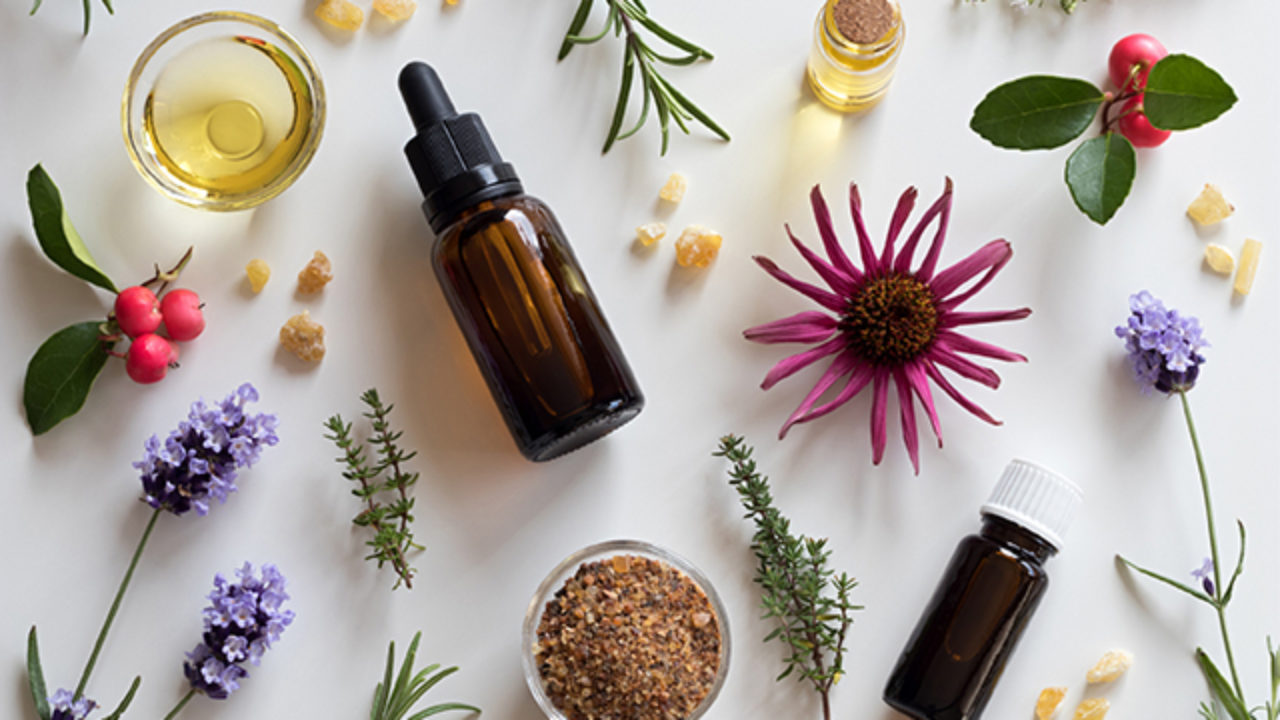The popularity of Complementary and Alternative Medicine (CAM) has increased over the past few decades, and essential oils are part of that.
In fact, according to the Global Aromatherapy Market (GAM), the global aromatherapy market is seen to increase by 8 percent between 2019 and 2024.
But what exactly are essential oils?
For those new to this trend, these incredibly potent oils — some of which have been around for centuries — are extracted from plants to capture their flavors, scents, and overall beneficial properties.
They make for great addition to your skin, hair, and healthcare collection, and can also be used for aromatherapy.
If you’re looking to get into essential oils, but aren’t quite sure where to start, we’ve compiled an extensive list on some of the most popular and beneficial essential oils. Keep reading to see which oils can best meet your needs.
Lavender
This incredibly popular oil has all kinds of benefits. This subtly floral scent can help people to relax and sleep. Moreover, breathing it in has been found to help with alleviating headaches, while the use of the oil topically may help reduce the itching and swelling from bug bites.
Rose
When the sweet, floral scent of rose oil is inhaled, it’s been shown Trusted Source to help reduce anxiety. Its antioxidant properties have also been found to help treat acne and improve complexion for an overall younger look.
Myrrh
This sappy-smelling essential oil is said to treat skin issues by relieving acne and cracked skin, and may even help treat athlete’s foot.
Grapefruit
Even though this is also derived from a citrus fruit — the peel to be exact — it has more of a bitter and fresh scent, and is a popular oil to use in a diffuser. It’s been said to have antifungal properties that may help reduce any harmful bacteria within.
Cedarwood
Earthy and naturally woody-smelling, cedarwood is used for a number of topical beauty treatments. Studies have shown that these benefits include fighting acne, treating eczema, and reducing dandruff. On top of all this, it also allegedly helps to reduce arthritis and relieve coughing.
Lemon
This citrusy oil is loaded with antioxidants that can help reduce inflammation, fight against anemia, boost energy levels, and relieve nausea. You can use it on your skin to nourish it, but remember: Because it’s incredibly photosensitive, you should only use it at night and wash it off in the morning. Don’t expose skin to sunlight when using lemon oil topically.
Oregano
This spiced essential oil has antibacterial, antiviral, and antifungal benefits that may help treat athletes foot, bacterial infections, psoriasis, and warts. One study done by the US National Library of Medicine found that it has strong antioxidant properties and could help treat fevers and respiratory symptoms, too.
Its sharp, spicy scent with hints of herbal tendencies can be used in aromatherapy, or applied topically to reap its benefits.
While there’s still a good deal of research that needs to be done to fully back and support essential oils as a way to treat various health issues, there are still a number of benefits worth exploring.
Remember that essential oils must be diluted in a carrier oil before applying to the skin. Do not swallow essential oils. Some are toxic.
From alleviating insect bites to making your home smell great, essential oils offer a wide range of potential benefits.



